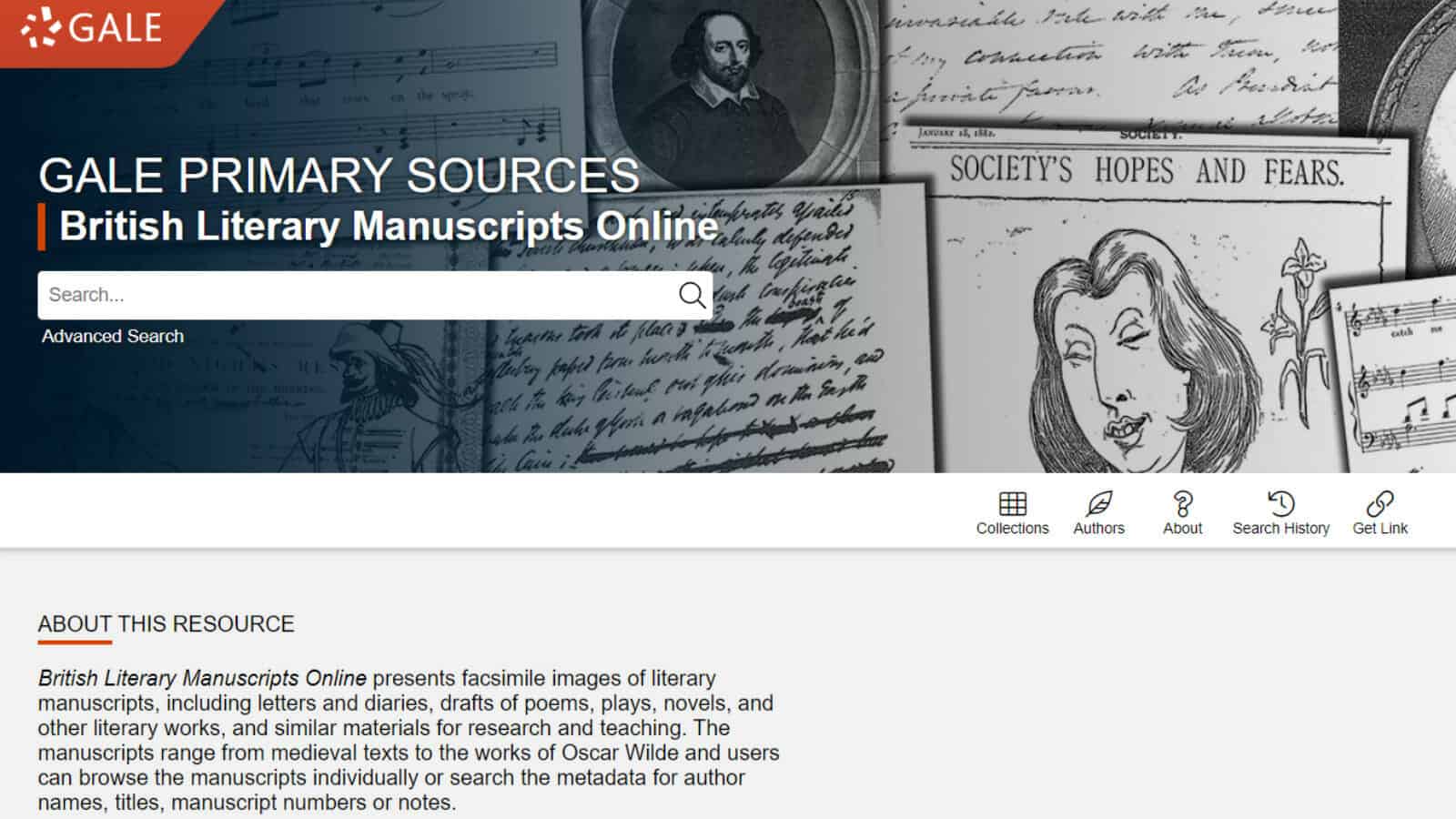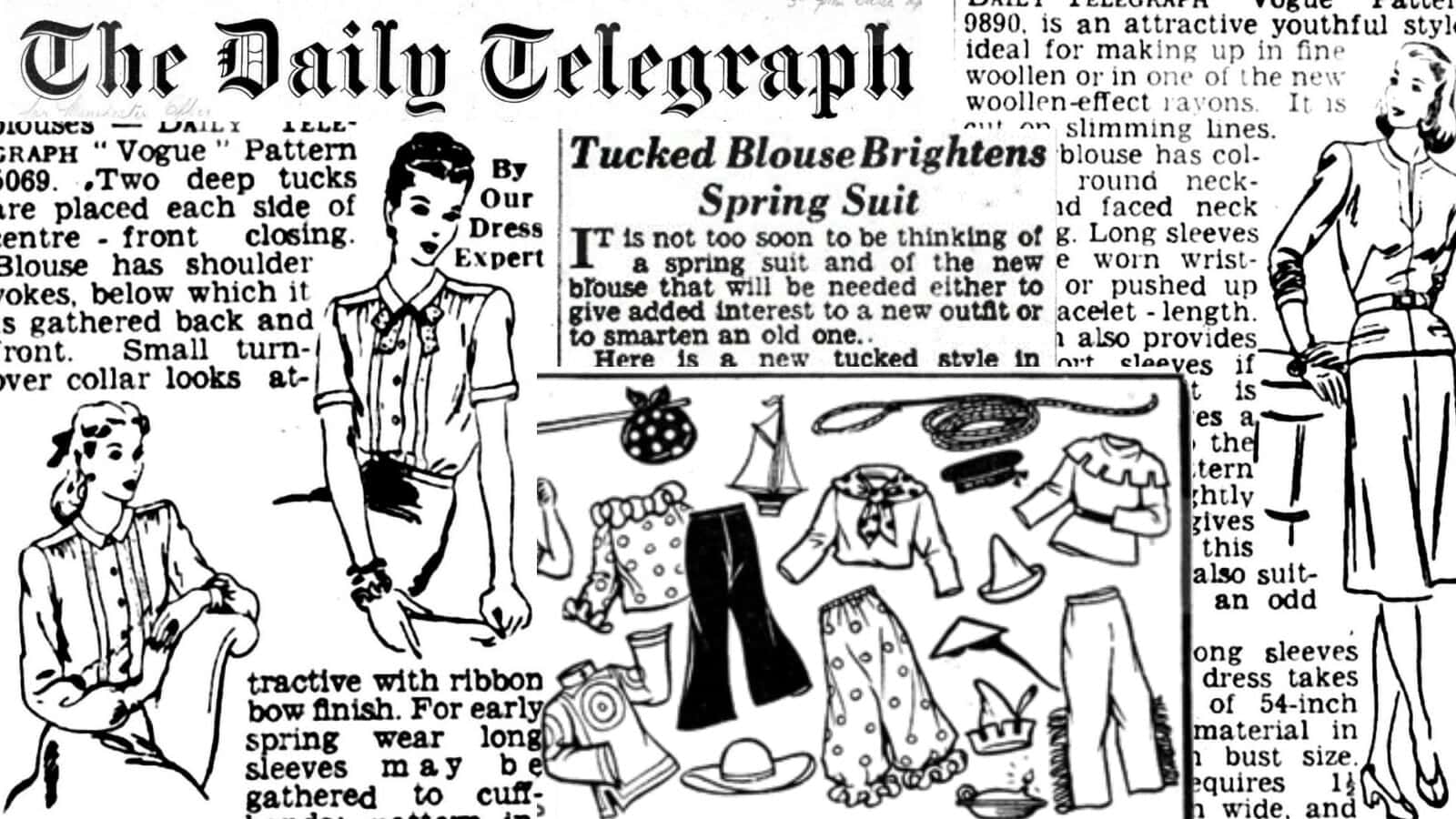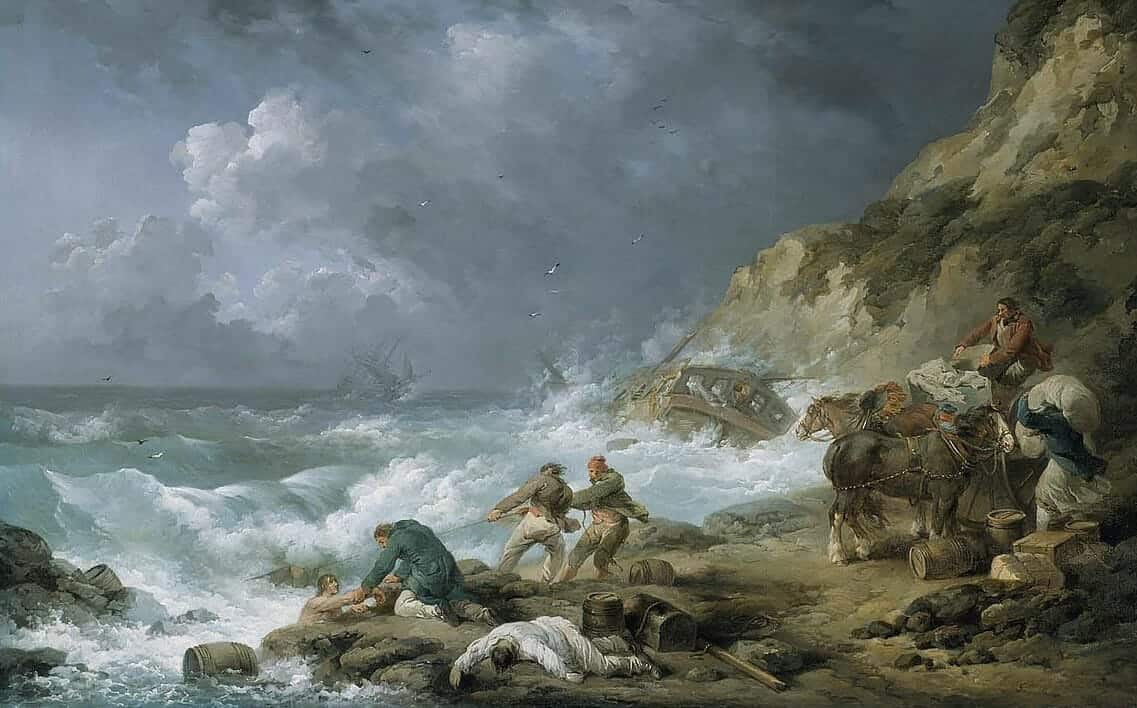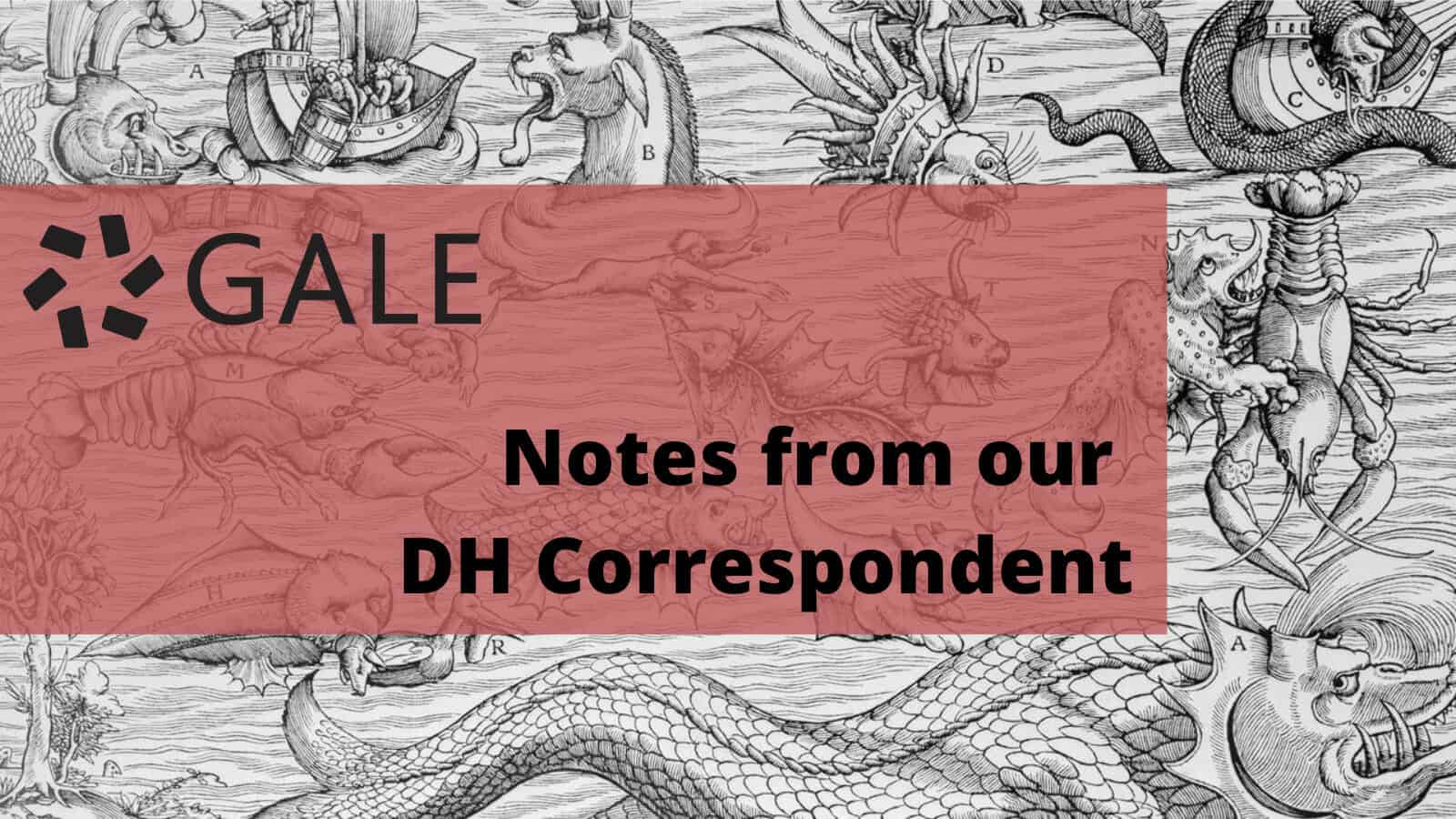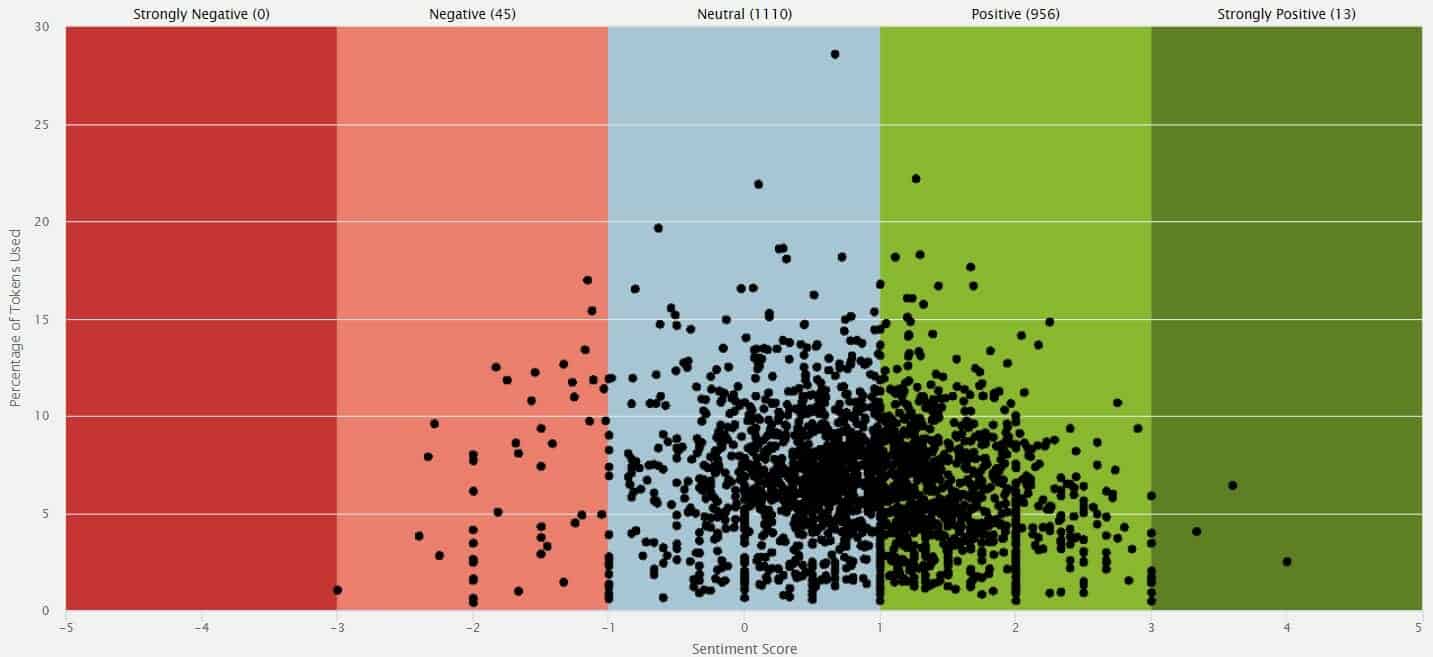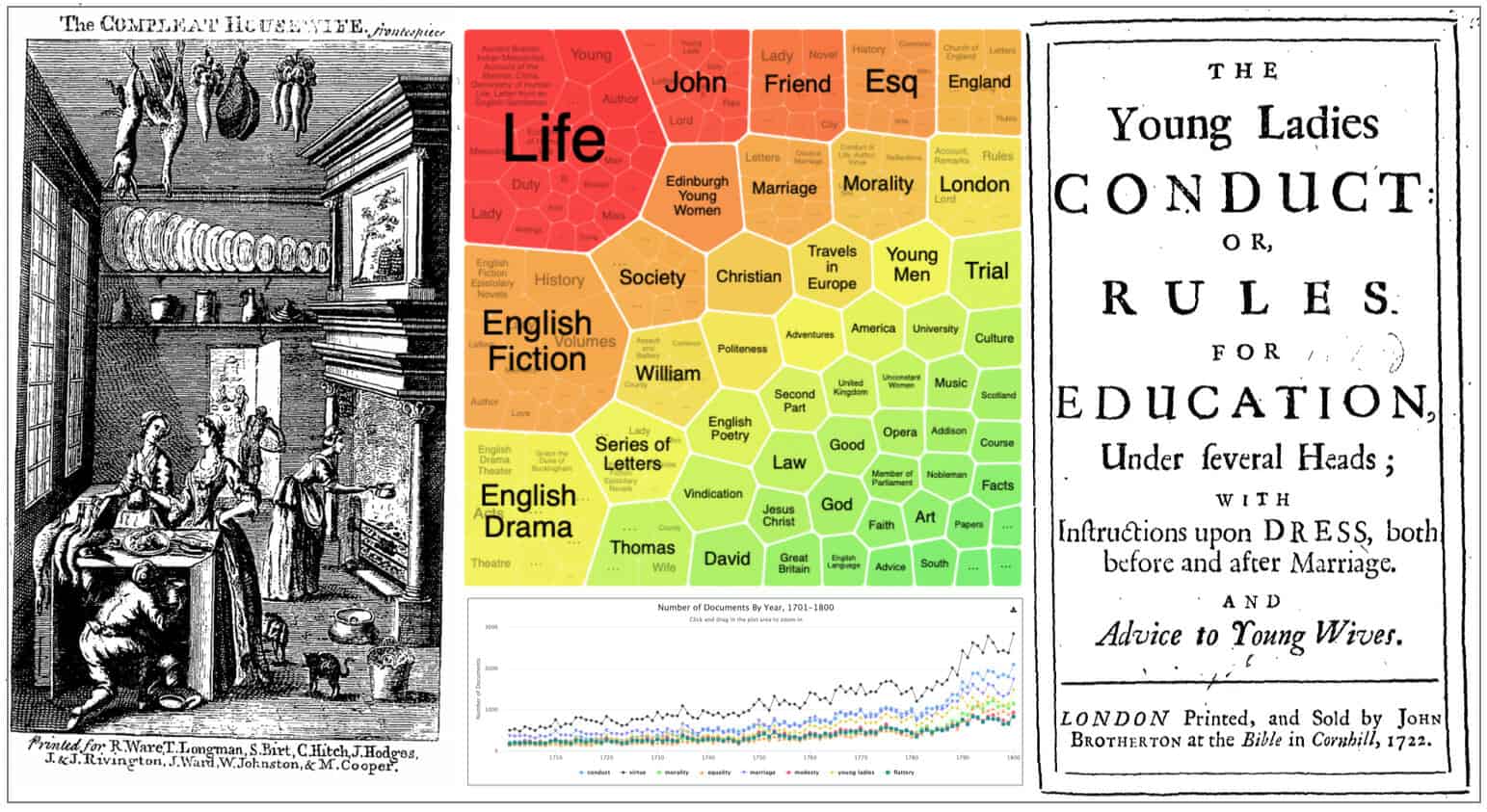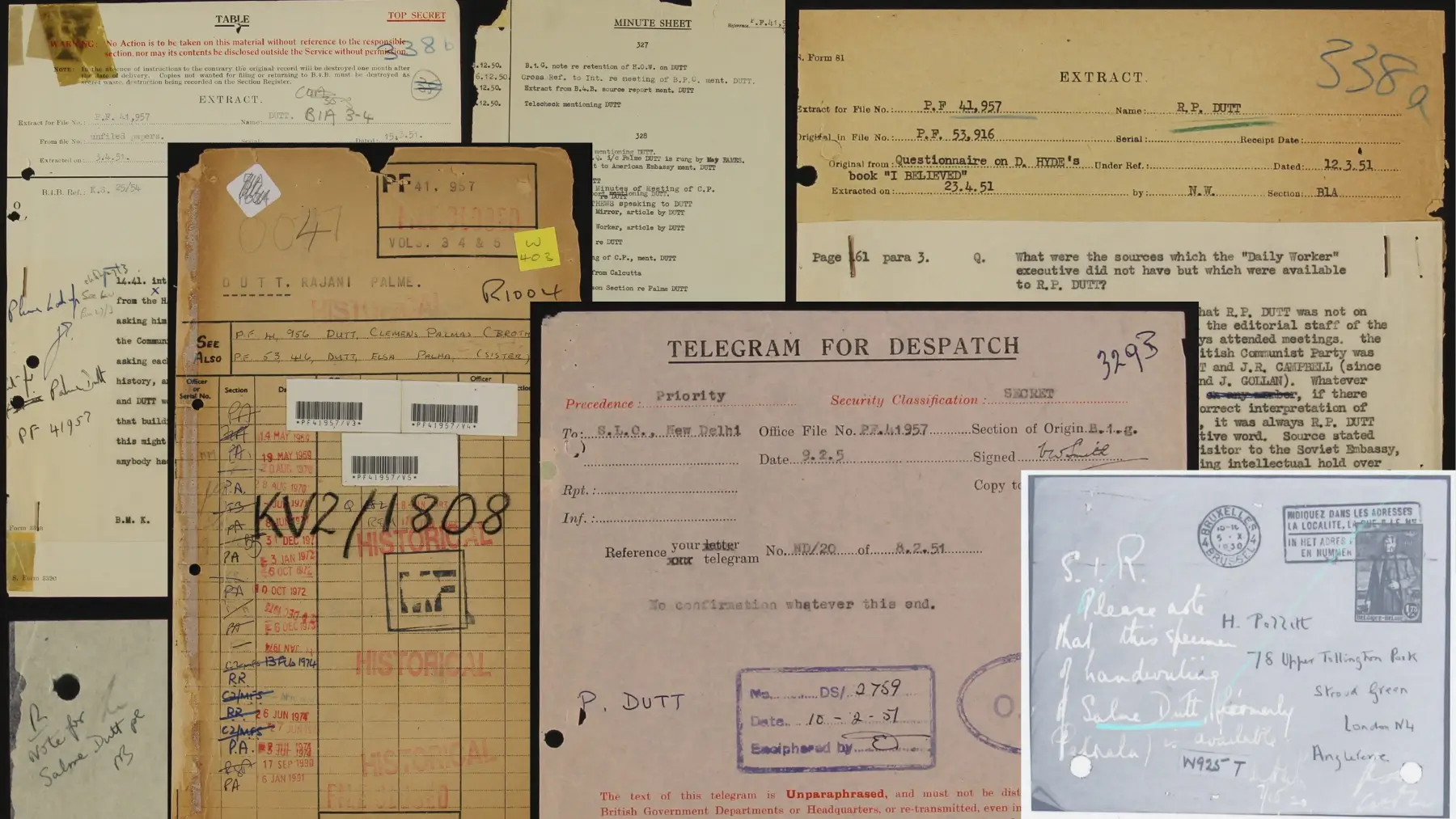│By Nonkoliso Tshiki, Gale Ambassador at the University of Johannesburg│
Do you find writing for academic purposes challenging? I did too. However, I have recently discovered and started implementing a new and exciting trick to improve my writing skills, which also ignites greater interest in my writing. I write short essays about topics which I come across and find interesting. For instance, when I was going through lecture notes about writing a research proposal a couple of months ago, I stumbled upon an article exploring the evolution of global fashion trends between 1945-1965, and I thought to myself, “this is quite interesting, I would like to know more about this topic!” Then all I needed was a research database that offers accredited, valuable and interesting sources. Luckily for me, I did not have to look too far because, as a Gale Ambassador, Gale Primary Sources is one of my very first go-to and most favourable research databases. Thus, the following blog post uses Gale Primary Sources to explore some of the fashion trends that made fashion headlines 1945-1965.

